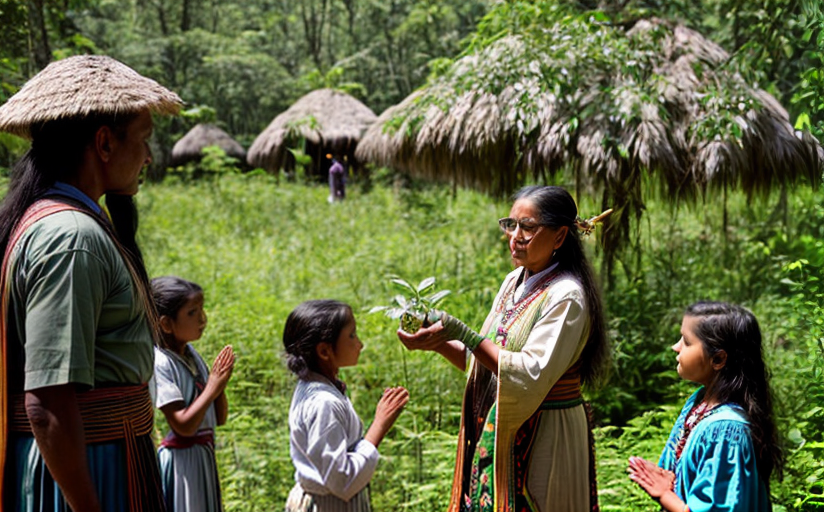The Role of Indigenous Wisdom in Environmental Conservation and Sustainability
Indigenous communities around the world have developed a central principle about the interconnectedness of humans and nature. This intricate understanding and traditional knowledge passed down through generations have played a pivotal role in environmental conservation and sustainability. Let's discuss how this indigenous wisdom is integral to stewardship and the management of our precious planet.
The Value of Traditional Knowledge
The wisdom of indigenous communities is deeply rooted in their practices and in their relationship with the environment. They have an intimate understanding of the ecological systems around them – a knowledge that is inherently sustainable, respecting both the resources available and the limits of the planet. The traditional practices they follow allows them to cultivate land, hunt, and gather resources without exhausting them, ensuring that the earth can continue to provide for future generations.
Case Studies of Indigenous Practices
There are numerous examples of indigenous practices that promote sustainable living. Some of these include:
- Roots for Erosion Control: In the Andean region, local communities use plant species such as Vetiver for their deep roots to control soil erosion, maintaining the health and structure of the land.
- Wild Plants for Medicinal Usage: In many indigenous cultures, such as the Native American tribes, wild plants like Echinacea and Goldenseal are used for their medicinal properties, reducing dependency on synthetic drugs and embracing natural remedies.
Modern Conservation Efforts and Indigenous Wisdom
The challenge for modern conservation efforts often lies in our somewhat disconnected understanding of environmental systems. While scientific research is incredibly important, it can also benefit greatly from incorporating traditional knowledge. By respecting and integrating these indigenous practices, we can foster more effective environmental stewardship. Recent research in the Amazon has highlighted the positive impact of such an integrated approach, showing significantly lower deforestation rates in indigenous territories compared to protected areas.
The Road Ahead
By turning to indigenous wisdom, we illuminate a path towards a more sustainable future - a future where we respect, appreciate, and integrate the wisdom of those who have maintained a symbiotic relationship with the land for centuries. The wisdom of these communities offers insight and solutions that can guide us towards a mindful and sustainable co-existence with the world around us.
In conclusion, the crucial role of indigenous wisdom in environmental conservation and sustainability is undeniable. There’s potential for a powerful synergy between modern science and traditional knowledge. So let us recognize and respect the pivotal role indigenous wisdom plays in our global fight to protect and preserve our environment.

















Comments
Leave a Comment